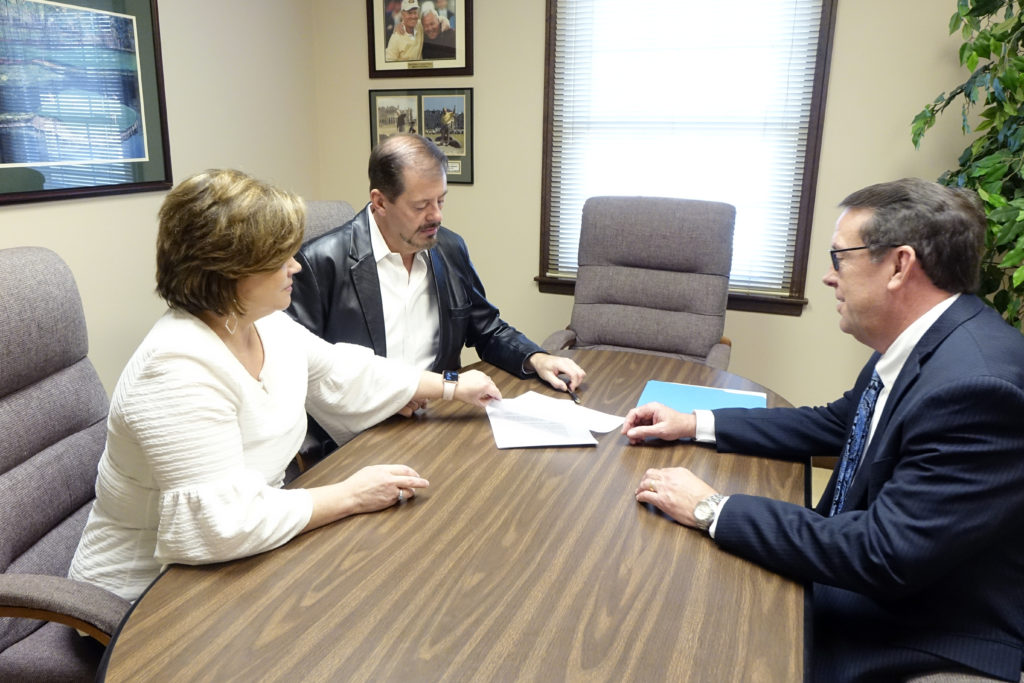Who pays my deceased loved one’s taxes? Sooner or later, someone has to resolve the tax liabilities when a loved one dies. It is usually a family member who faces this task, according to Beck, Lenox & Stolzer Estate Planning and Elder Law, LLC, LLC. For one woman, the unexpected passing of her father in early 2018 left her the task of filing his 2017 return and the family’s estate planning attorney filed the 2018 return through the father’s estate. The family is still waiting for the 2017 tax refund from the IRS, and needs to resolve a stimulus check for $1,200 her family received last spring that had to be sent back.
Many families are facing similar situations, as reported in this recent article “Death and taxes: Americans grapple with filing the final tax return for deceased relatives in a pandemic year” from USA Today. Survivors are anxious about complex tax issues at the same time they are in mourning for a loved one.
The final tax return uses IRS Form 1040, the same one that would have been used if the taxpayer were living. The major difference: the word “deceased” is written after the taxpayer’s name.
If the taxpayer was married, the surviving spouse may file a joint return for the year of death. For two years after the taxpayer’s death, the surviving spouse may file as a qualifying widow or widower, which lets them continue to use the same tax brackets that apply to married-filing-jointly returns.
The larger the estate and income for a decedent, the more complicated taxes after death can become. If a Will had been created as part of the estate plan, the answer to “who pays my deceased loved one’s taxes” would likely be the executor of the will.
The estate tax is paid on assets owned at the time of death. As of this writing, estates valued at more than $11.7 million (or $23.4 million per married couple), pay a 40% federal tax, in addition to state estate or inheritance taxes, if there are any. It is generally expected that the coming months will see a large reduction in the federal estate tax exemption.
The deadline to file a final return is the tax filing deadline of the year following the taxpayer’s death. The executor or administrator is usually the person who signs the tax return, although a surviving spouse signs the joint return. If there is no executor, whoever is responsible for filing the return signs it and should note that they are signing on behalf of the decedent. For a joint return, the spouse signs the return and writes “filing as surviving spouse” in the space for the other spouse’s signature.
There’s one more step if a return is due. If the deceased is owed money, the IRS Form 1310 should be used. That’s the Statement of a Person Claiming Refund Due a Deceased Taxpayer. The IRS says that surviving spouses signing a joint return don’t have to file this form, but tax experts think it’s a good idea to try to proactively prevent any delays.
If the decedent owes taxes, the tax bill is to be settled by the estate’s executor. If there are insufficient funds to pay the federal income and estate taxes, relatives are not responsible for the remaining balance.
Note that the executor may be held liable if the assets are distributed before paying the taxes, or if the debts of the estate are paid before taxes are paid. The same is true if the executor is aware of the insufficient funds and inability to pay the taxes but spends assets anyway.
Talk with an estate planning attorney about the taxes that will need to be paid from an estate and “who pays my deceased loved one’s taxes”. Beck, Lenox & Stolzer knows you wouldn’t want to leave a legacy of tax pain for the family.
Reference: USA Today (April 22, 2021) “Death and taxes: Americans grapple with filing the final tax return for deceased relatives in a pandemic year”










